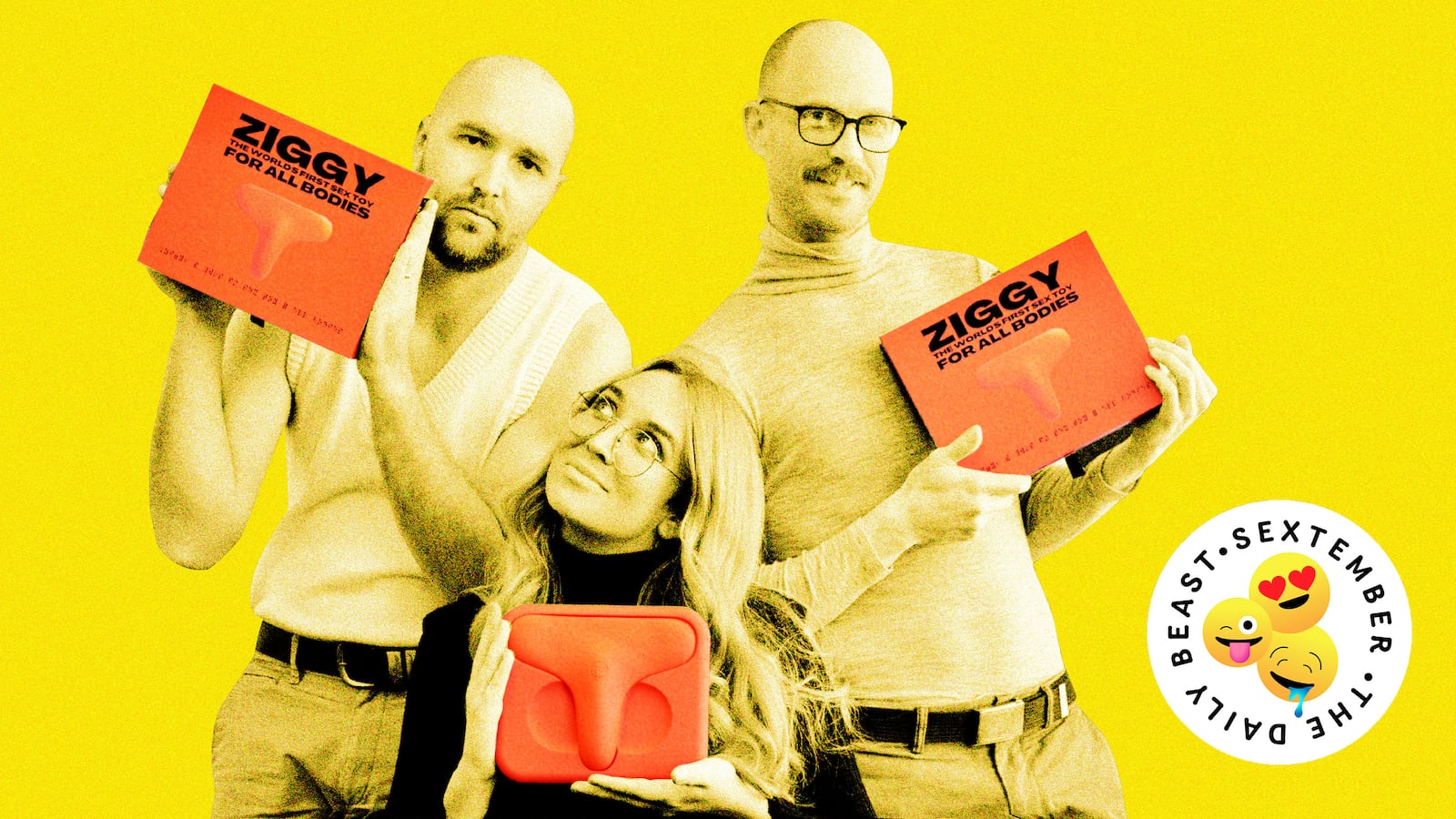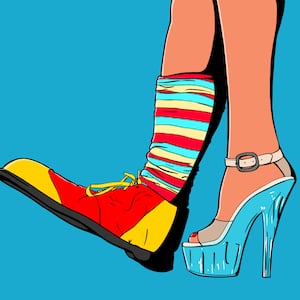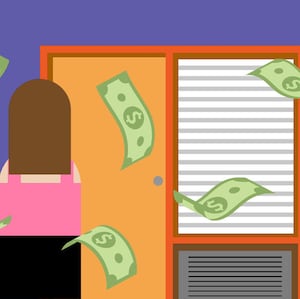There are 1.3 billion people worldwide living with a disability, which equates to roughly 1 in 6 people. While disabilities may vary from person to person, one thing is certain: All of these people deserve to have great sex if they want.
However, sex education in the United States is dismal—and for those living with disabilities, it can be even worse. Only 29 states in the U.S. and Washington, D.C. mandate sex education, and the remaining states can choose what type of sex ed is taught in their schools—if any at all. Much of it does not focus on pleasure or masturbation, let alone inclusive and accessible sex.
“Sex education in schools is generally horrible, but for kids [with disabilities], it is even worse,” writer and sex educator Evan Sweeney, a 40-year-old disabled male who identifies as genderqueer, told The Daily Beast via email. “It only talks about how to not get abused (which is important), but it leaves out stuff like dating and protection.”
A lot of this stems from misinformation about disabled people. Many believe that they’re incapable of sexual or romantic relationships. Other myths include people with a disability are all asexual, are physically unable to have sex, or don’t have the energy for it.
Sex for sex’s sake isn’t a focus in classes, so people with disabilities aren’t taught they have the choice to give and receive pleasure. Yet people living with a disability do share intimacy, have sex, and absolutely get off. So, how can we bridge the gap?
Enter: Sex technology. These are physical and digital tools that can provide innovation and enhancements as a middle ground that both educates and provides pleasure for people who have been left out and removed from the sex education conversation.

However, it should be noted that the tools don’t completely make up for this gap. Remember: Disabilities vary from person to person. The products that get you off might not do much for another. Likewise, the education these companies provide might not be accessible for everyone.
Sex tech includes a huge swath of products ranging from virtual reality toys to sexual wellness apps. The industry is also rapidly growing, valued at $31.4 billion in 2022, and people living with a disability may benefit from the growth, as new companies are pushing inclusive products into the market.
Robert Duff-Silsby is the co-founder and product manager of Luddi, an Australian-based sex toy company that aims to design accessible devices that everyone wants to use. Despite the fact that there are many people with disabilities who are sexual and desire intimacy, Duff-Silsby told The Daily Beast that they “continue to receive less education and information from the organizations and professionals that are employed to help them.”
That’s why Duff-Silsby and his co-founders decided to start Luddi. With the sexual needs of people with disabilities being ignored, they wanted to create accessible toys and normalize these conversations, engage with the community, and break stigmas surrounding sex and disability.

Duff-Silsby says that the disability industry is still stuck in an “outdated hospital model,” which leads to “complicated, costly, and down-right ugly products.” In response, they developed a hands-free multi-use vibrator called Ziggy.
It’s designed for all bodies and is made for humping, rubbing, tucking into a harness, or putting it between two people. Luddi also allows interested folks to pay for Ziggy through Australia’s National Disability Insurance Scheme (NDIS), a program that provides funding and connections to services for people with a disability
“I view sex toys as assistive technology, like wheelchairs, hearing aids, and crutches,” Sweeney said. “They help us in bed do what our bodies can not do or have a hard time doing. Sex toys can make sex actually possible for some people."
In 2018, Andrew Gurza, a disability awareness consultant in Canada who has cerebral palsy was approached by his sister, Heather Morrison, and asked an interesting—albeit, unusual—question: Were there any sex toys available for him?
“I explained to her that due to my dexterity, and lack of fine motor skills as a result of my Cerebral Palsy, I couldn’t use many of the toys on the market,” Gurza told The Daily Beast. “So, she then asked me, ‘Do you want to make one?’”

And soon after, Bump’n, a sex toy company focused on users with disabilities, was born. After starting the company, Gurza and Morrison published a survey, asking the public what they wanted to see in sex toys. They found that more than 50 percent of physically disabled people “struggle to achieve sexual pleasure on their own,” Gurza said. “Shockingly, no products have been designed with them in mind, despite over 90 percent of those surveyed telling us they wanted one.”
This meant that hundreds of thousands of people didn’t have the access to self-pleasure. While Bump’n couldn’t check all the boxes for everyone with a disability, they focused on hand limitations and fine motor skills, inspired by Gurza’s own limitations.
That’s how they created the Joystick, which the company describes as somewhere between a body pillow and a foam roller with the addition of dildos, wands, or vibrators in a pouch in the middle. Customers are also able to use NDIS, a Personal Health Budget (which uses NHS funding in the U.K.), or a Health Savings Account to pay for their toy.
“We need people to realize that disability exists in a spectrum,” Duff-Silsby said. “You can’t make one device that meets the entire population. This is the same for gender diversity. For example, there’s a small subset of sex tech that acknowledges that not every vulva owner wants a toy shaped like a penis. The industry needs to listen to consumer demand.”
Luddi and Bump’n were born in a similar vein: relying on evidence from people with disabilities and collaborating with them on what they want to see and buy. What makes sense for their limitations? What’s affordable? And most importantly, what turns them on?
“We are building our product from a disabled lens,” Gurza said. “From our testing right down to our social accounts, everything that we do is with disability at the forefront, and I think that is groundbreaking.”
People living with all types of disabilities have sex if they want to. They build romantic connections and they certainly aren’t averse to being horny. While there’s still much work needed in terms of sex education for people living with disabilities, sex tech can offer an assistive bridge toward desire, pleasure, and orgasm—something we all have the right to.








